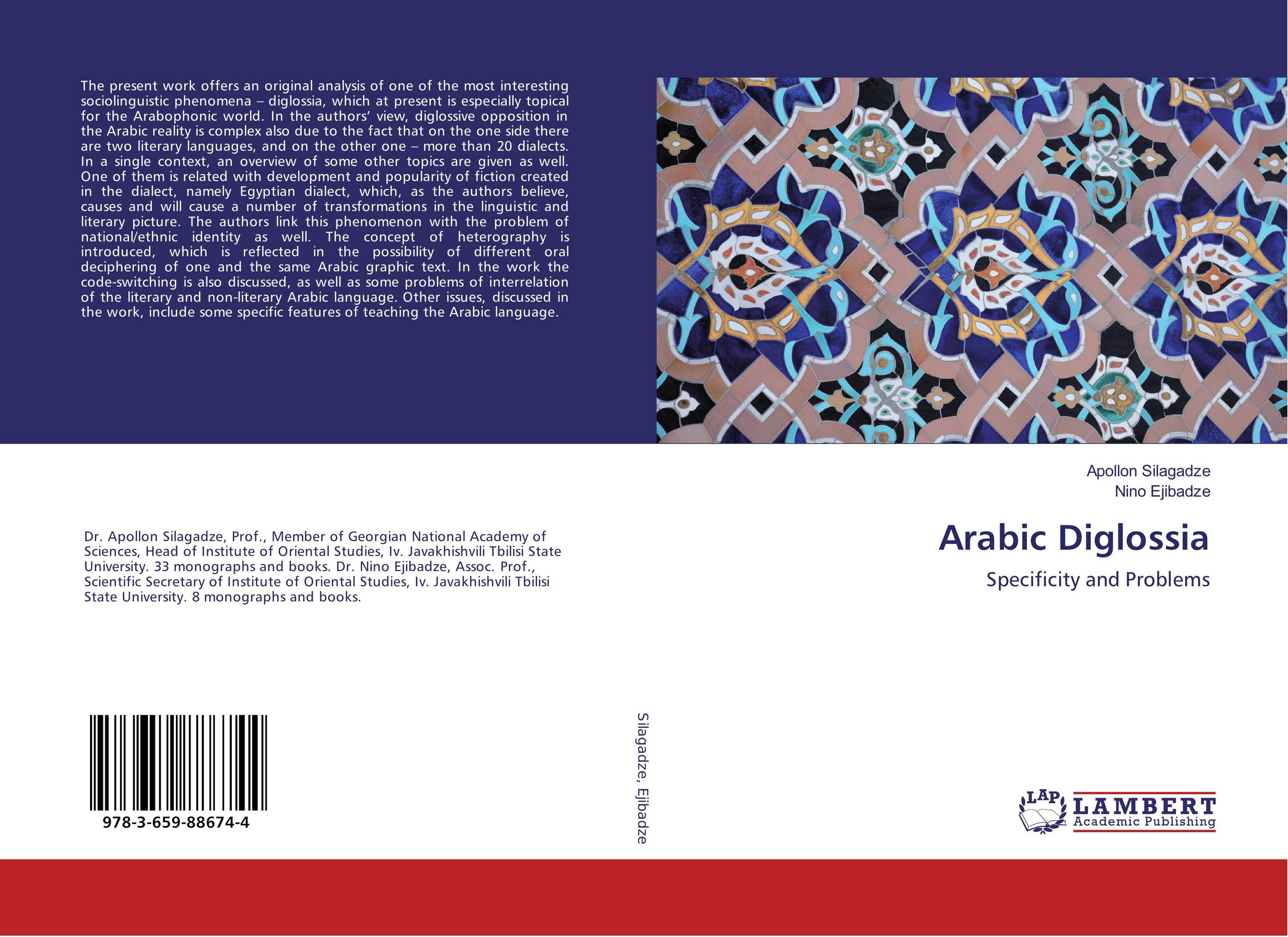| Поиск по каталогу |
|
(строгое соответствие)
|
- Профессиональная
- Научно-популярная
- Художественная
- Публицистика
- Детская
- Искусство
- Хобби, семья, дом
- Спорт
- Путеводители
- Блокноты, тетради, открытки
Arabic Diglossia. Specificity and Problems

В наличии
| Местонахождение: Алматы | Состояние экземпляра: новый |

Бумажная
версия
версия
Автор: Apollon Silagadze and Nino Ejibadze
ISBN: 9783659886744
Год издания: 2016
Формат книги: 60×90/16 (145×215 мм)
Количество страниц: 100
Издательство: LAP LAMBERT Academic Publishing
Цена: 19789 тг
Положить в корзину
| Способы доставки в город Алматы * комплектация (срок до отгрузки) не более 2 рабочих дней |
| Самовывоз из города Алматы (пункты самовывоза партнёра CDEK) |
| Курьерская доставка CDEK из города Москва |
| Доставка Почтой России из города Москва |
Аннотация: The present work offers an original analysis of one of the most interesting sociolinguistic phenomena – diglossia, which at present is especially topical for the Arabophonic world. In the authors’ view, diglossive opposition in the Arabic reality is complex also due to the fact that on the one side there are two literary languages, and on the other one – more than 20 dialects. In a single context, an overview of some other topics are given as well. One of them is related with development and popularity of fiction created in the dialect, namely Egyptian dialect, which, as the authors believe, causes and will cause a number of transformations in the linguistic and literary picture. The authors link this phenomenon with the problem of national/ethnic identity as well. The concept of heterography is introduced, which is reflected in the possibility of different oral deciphering of one and the same Arabic graphic text. In the work the code-switching is also discussed, as well as some problems of interrelation of the literary and non-literary Arabic language. Other issues, discussed in the work, include some specific features of teaching the Arabic language.
Ключевые слова: Arabic, Code-switching, Dialect, Diglossia, Egyptian, Literature, Sociolinguistics, heterography



